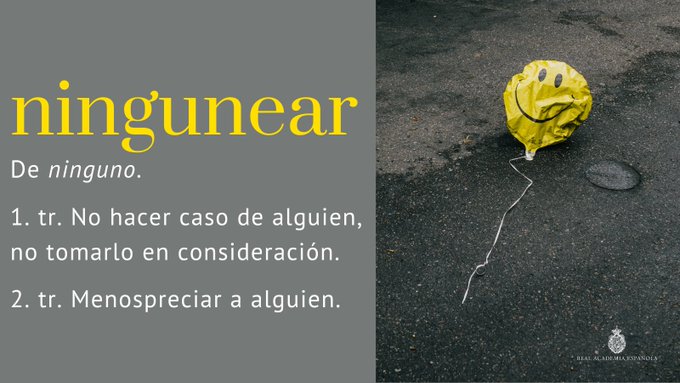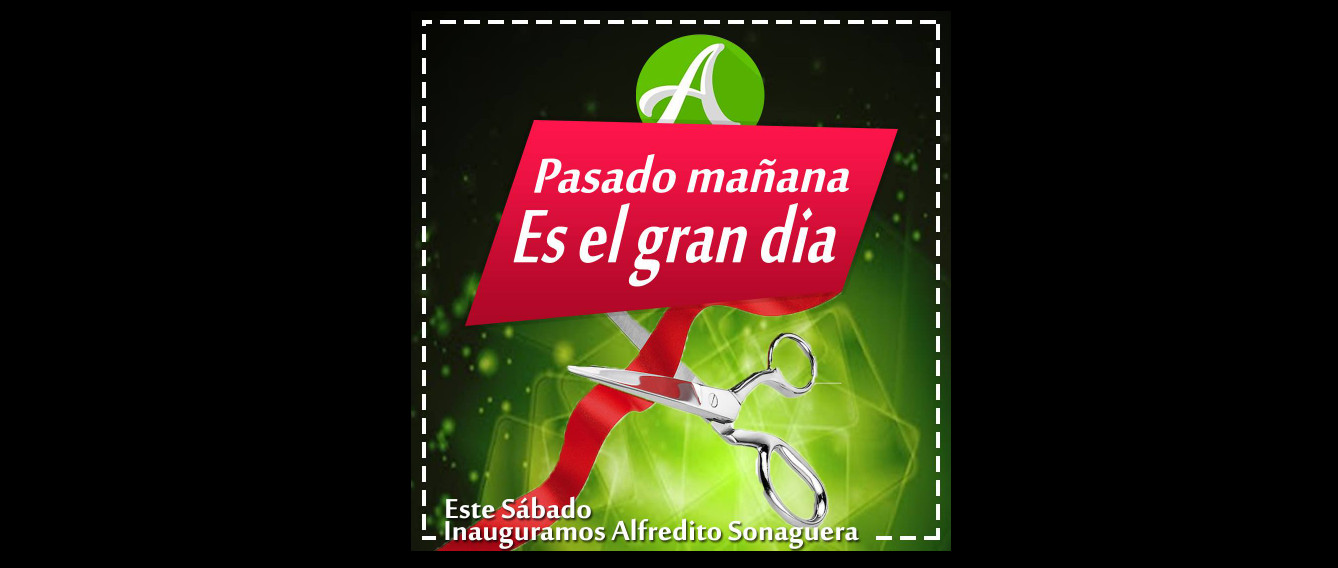Vocabulary
Post teaching new vocabulary.
Latest stories
More stories
-
263 Views
in Culture, Spanish, Table of Expressions, Translation, VocabularyHalloween and “La Noche de Brujas” — Spooky Words in Spanish
by
Admin updated
Halloween, or La Noche de Brujas in Spanish, is not originally from Latin America, but it’s now celebrated in many Spanish-speaking countries. Children dress up (se disfrazan), go from door to door asking for candy, and people decorate their homes with pumpkins and skeletons. In this post, you’ll find a big list of Halloween-related words […] More
-
57 Views
in Mexico, Spanish, Table of Expressions, Vocabulary10 Expressions That Are Hard to Guess
by
Admin updated
In this post, we explore ten popular expressions that are commonly heard in conversations, on TV, and in everyday life in Mexico. Some of them can be rude or informal, so they must be understood but not necessarily used carelessly. Spanish Expression Literal Translation Equivalent in English ningunear to “no-one” someone To belittle, ignore, treat […] More
-
47 Views
in Grammar, Mexico, Spanish, Table of Expressions, Vocabulary10 Expressions That Are Not Easy to Figure Out – Brincos Dieras
by
Admin updated
Here are ten colloquial expressions that you’ll hear on the street, in songs, and even in movies. Be careful — some of them are pejorative or rude, so it’s important to learn them for understanding, not for repeating in formal situations. Spanish Expression Literal Translation Meaning / English Equivalent Ser solo pantalla To be […] More
-
263 Views
in Culture, Mexico, Spanish, VocabularyDiminutives for Food in Mexican Spanish
by
Admin updated
If you spend time in Mexico, you will hear diminutives everywhere — and food is one of the favorite places to find them. Un cafecito, unos huevitos, tómate tu lechita, un pastelito, unas tortillitas calientitas… these little endings do a lot of work. They sometimes mean size, but often they mean something else: friendliness, politeness, […] More
-
43 Views
in Spanish, Table of Expressions, Translation, VocabularyGeneric Names of Animals in Spanish
by
Admin updated
In Spanish, nouns have a gender: masculine or feminine. For students, it can be strange when animals are sometimes “he” or “she” by default. For example, in English we say the spider, and it can be male or female, but in Spanish it is always la araña (feminine). On the other hand, el pez, el […] More
-
33 Views
in Culture, Mexico, Spanish, Translation, VocabularyNotario Público vs. Notary Public: A World of Difference
by
Admin updated
Notario Público When Spanish-speaking students first come across the term Notario Público, they are often tempted to translate it directly as Notary Public. After all, the words look the same, and in both cases we are talking about someone who signs and stamps legal documents. But the truth is that the role of a Notario […] More
-
33 Views
in Spanish, Translation, VocabularyPasado Mañana: When “Past” Actually Means the Future
by
Admin updated
For many English speakers learning Spanish, the phrase pasado mañana is one of those expressions that makes them stop and think: “Wait a second, why does it mean the day after tomorrow if pasado usually means past?” It looks like it should refer to something that already happened, but in Spanish it actually points to […] More
-
64 Views
in Mexico, Spanish, Table of Expressions, Translation, Vocabulary10 Expressions That Are Not Easy to Figure Out. El Torito.
by
Admin updated
One of the most confusing but also most fun parts of learning Spanish is discovering expressions that don’t make sense when you try to translate them word for word. Mexican Spanish in particular has many colloquial sayings that students hear in daily on TV show conversations but that are not easy to figure out at […] More
-
47 Views
in Culture, Funny, Spanish, VocabularyFulano, Mengano and Zutano: The Mysterious and Funny Names of Nobody
by
Admin updated
If you study Spanish long enough, sooner or later you will hear the words Fulano, Mengano and Zutano. These names don’t really belong to anybody, but they are used to talk about a person without saying the real name, or when the name is not important. For example, someone can say “Fulano me dijo que…” […] More
-
1.8k Views
in Grammar, Mexico, Spanish, Table of Expressions, Translation, VocabularyCarrazo 2.0: Spanish words that end with -azo
by
Admin updated
Almost 20 years ago we posted about -azo / -aza on SpanishNY. This is the updated version. In Spanish, this ending can mean bigger/awesome, or it can mean a hit/blow with something. There isn’t a perfect one-word match in English, so the best way is to learn it by examples. “Bigger / awesome” uses Spanish […] More
-
194 Views
in Funny, Mexico, News, Translation, VocabularyDecoding Governor Newsom’s Tweet: “Vete a la Chingada” Explained
by
Admin updated
Students of Spanish often encounter phrases that carry a much deeper meaning than their literal translation, and Governor Newsom’s recent tweet, “Vete a la Chingada,” is a good example. While it is a highly offensive expression in many contexts, its use in this particular political situation takes on a nuanced, “playful trolling” tone, which is […] More
-
175 Views
in Grammar, Mexico, Video, VocabularyMaría Inés, a famous telenovela character
by
Admin updated
A Little Background on Mirada de Mujer Mirada de Mujer is one of those Mexican telenovelas that really changed the way people looked at the genre. It aired from 1997 to 1998 on TV Azteca and was produced by Argos Televisión. With Angélica Aragón in the role of María Inés, it became an unforgettable story. […] More
















